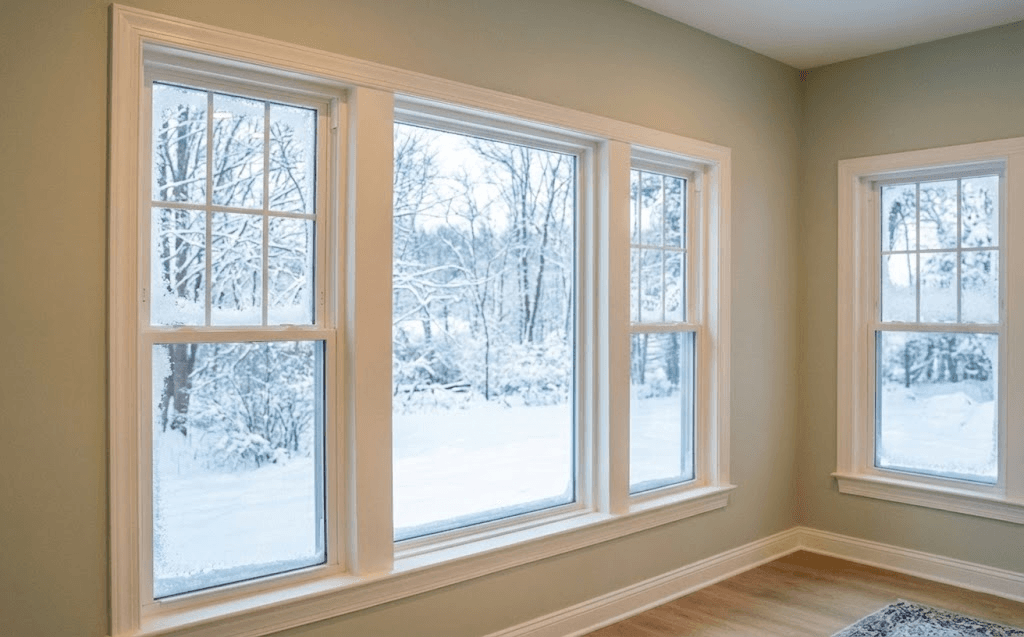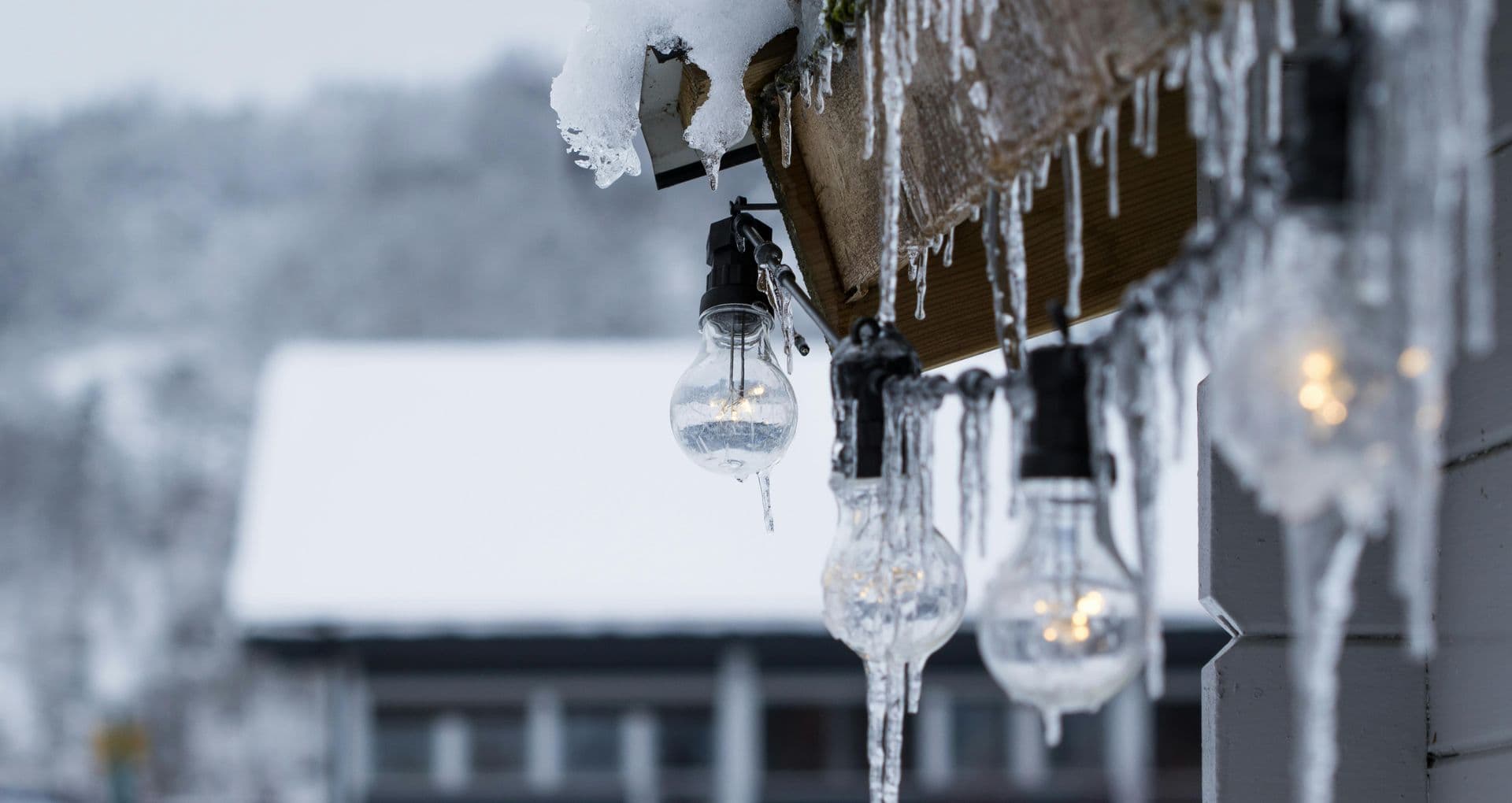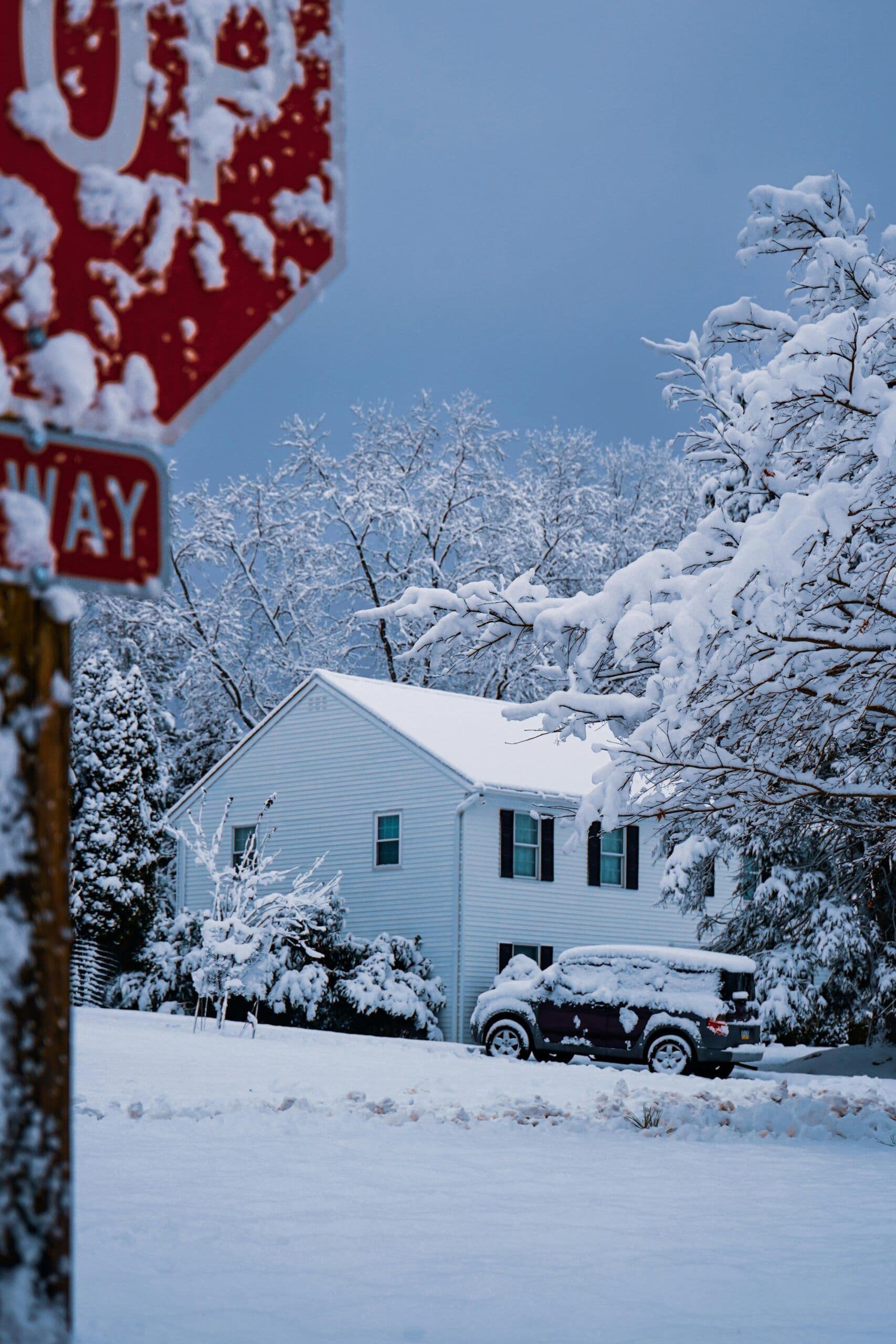What You Need to Know About Impact-Resistant Roofing
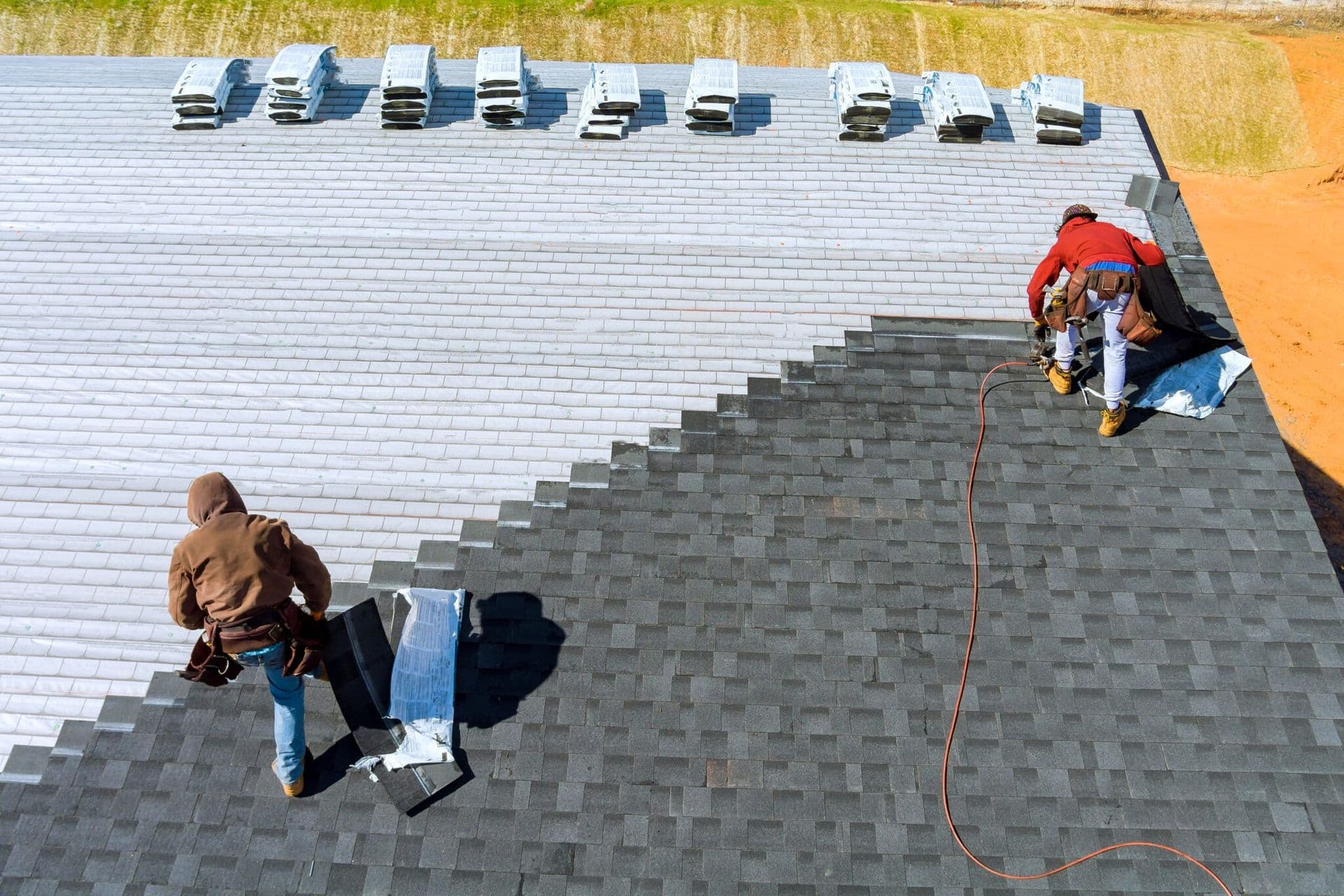
When it comes to protecting your home, not all residential roofs are created equal. So one of the most important things you need to know for your home is the distinction of having an impact-resistant roof.
McCoy Roofing Sales Manager Zach Varadi breaks down the classes of impact-resistance, why you should care, and misconceptions about impact-resistant shingles.
Understanding the Impact-Resistant Roof Rating
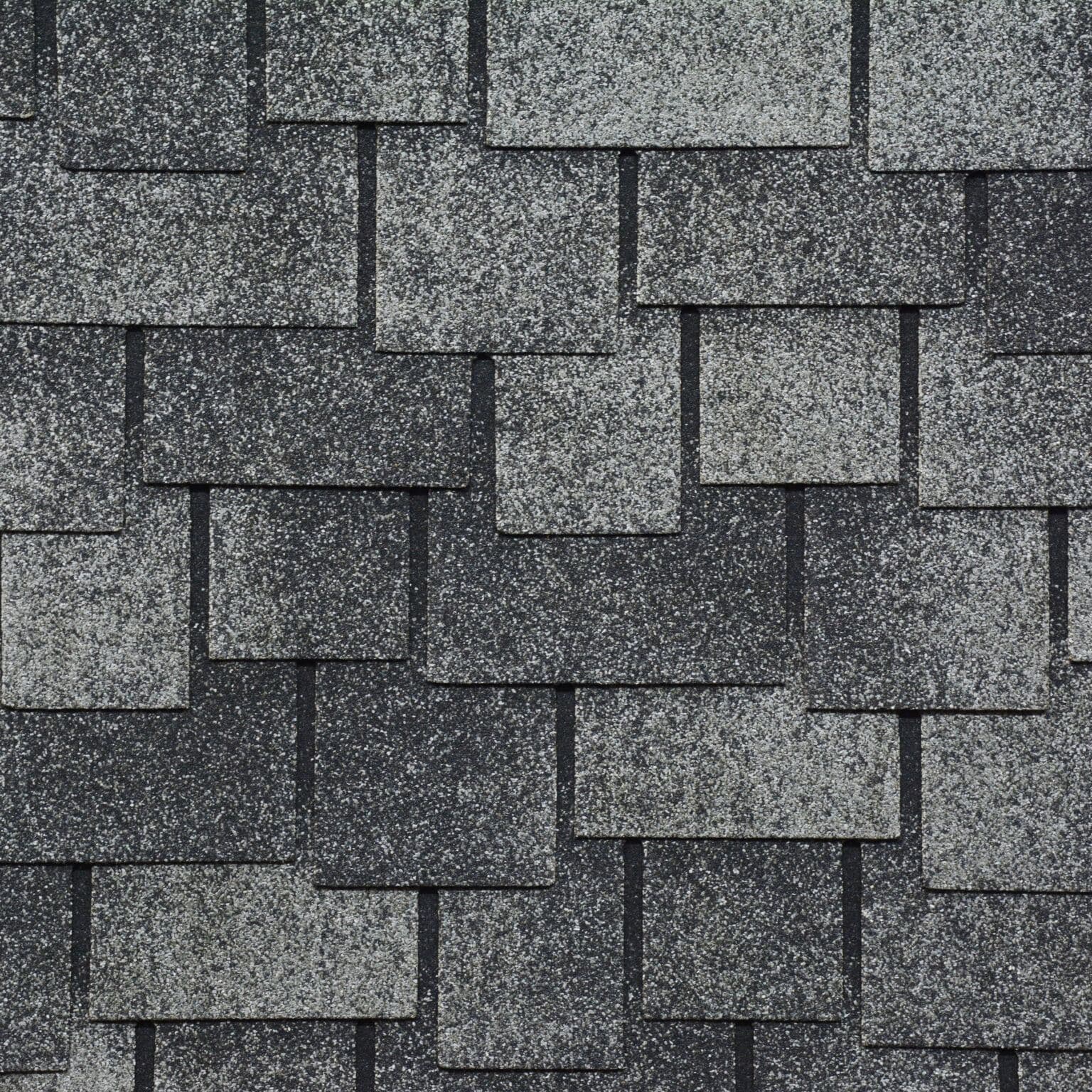
While there are many shingles or metal roofs that do offer impact-resistance, some of the most common terms a homeowner may hear are Class III or Class IV rated roofs.
“Think of it like a car,” says Zach. “A 5-star crash rating is the best you can get—Class III is good, Class IV is best.”
Impact-resistant shingles are tested using a standard called the UL 2218 performed by Haag.
“They take steel balls of different sizes and drop them from different heights onto shingles to simulate hail,” Zach says. “It’s an independent testing thing. Just how car companies can’t test their own cars, the manufacturers submit their shingles into that test and they get a grade.”
This testing doesn’t just apply to asphalt shingles. Metal roofing materials also fall into the Class IV category—but as Zach points out, “What’s going to look better? Metal.”
How Impact-Resistant Roofing Benefits Homeowners
There are two important reasons homeowners should consider going with an impact-resistant roof, the first being money.
“A lot of insurance companies give a discount on such roofs,” explains Zach. “But part two is that it’s straight-up a better shingle.”
In areas such as the Midwest, which are prone to high winds, hail, or other extreme weather, impact-resistant roofs will hold up better. “Remember, a branch is still considered an impact.”
“If you’re in the Midwest, you definitely should care about this. You’re going to have to replace your roof less often.”
Having seen firsthand how neighboring homes have been affected by the same storm, Zach recommends impact-resistant shingles any time a replacement is on the table.
Misconceptions on Impact-Resistant Shingles
Zach notes that there are some misconceptions about impact-resistant roofs, such as the ratings.
“A lot of times you can’t tell from the ground—they look almost identical.” And shingles that aren’t rated aren’t necessarily low quality. “There’s plenty of shingles out there that aren’t rated. It just means the manufacturer hasn’t submitted it.”
There is also the common misconception to judge shingle quality by weight. “If it’s a big ol’ shingle, that’s going to hold up well,” was the old belief. But Zach cautions: “A heavier shingle doesn’t always mean an impact-resistant shingle.”
Lastly, do not confuse impact-resistant with being impact-proof. “Think of it like your phone,” Zach says. “My phone is water-resistant, not water-proof.” Hail of a sufficient size will cause impacts, regardless of a rating.
Backed by Better Warranties
Choosing a Class IV shingle doesn’t just mean better performance during a storm, it also opens the door to stronger warranties from manufacturers such as GAF. Many top-rated shingles come with enhanced coverage, especially when installed by certified contractors like McCoy Roofing, who has a Master Elite certification with GAF, the world’s largest shingles manufacturer.
“GAF will only let 2% of contractors in any given market be Master Elites,” says Zach. It’s a prestigious designation that reflects high workmanship standards and allows contractors to offer exclusive warranties.
As Zach points out, “If you look at the packaging on a shingle, it’s going to say limited lifetime warranty. That is fluff. ‘Limited’ is the key factor there.” With McCoy Roofing, you’re not just getting a roof—you’re getting a Master Elite contractor and a Silver Pledge warranty at minimum. “Basically, we can put the best warranty on there.”
That warranty coverage can make a real difference for homeowners: “If something happens that’s not an insurance claim—if wind blows it off, if there’s a manufacturing defect in 5 years—insurance isn’t going to cover that. The manufacturer will if you put a good warranty on it.” Zach adds, “Getting Class IV shingle and a warranty, you’re going to avoid making claims.”
Ready for the Next Hailstorm?
If your roof isn’t impact-resistant, you could be one storm away from a costly repair—or a denied claim. Whether you’re replacing an old roof or building new, choosing Class IV shingles and a strong warranty is one of the smartest moves you can make as a homeowner.
Call our roofing contractor in Lincoln, Omaha & Iowa for a free inspection or quote—and let’s make sure your roof is ready.
Request A Free Inspection!
+ 0% Interest for 24 Months
Schedule Your Free Inspection Today!
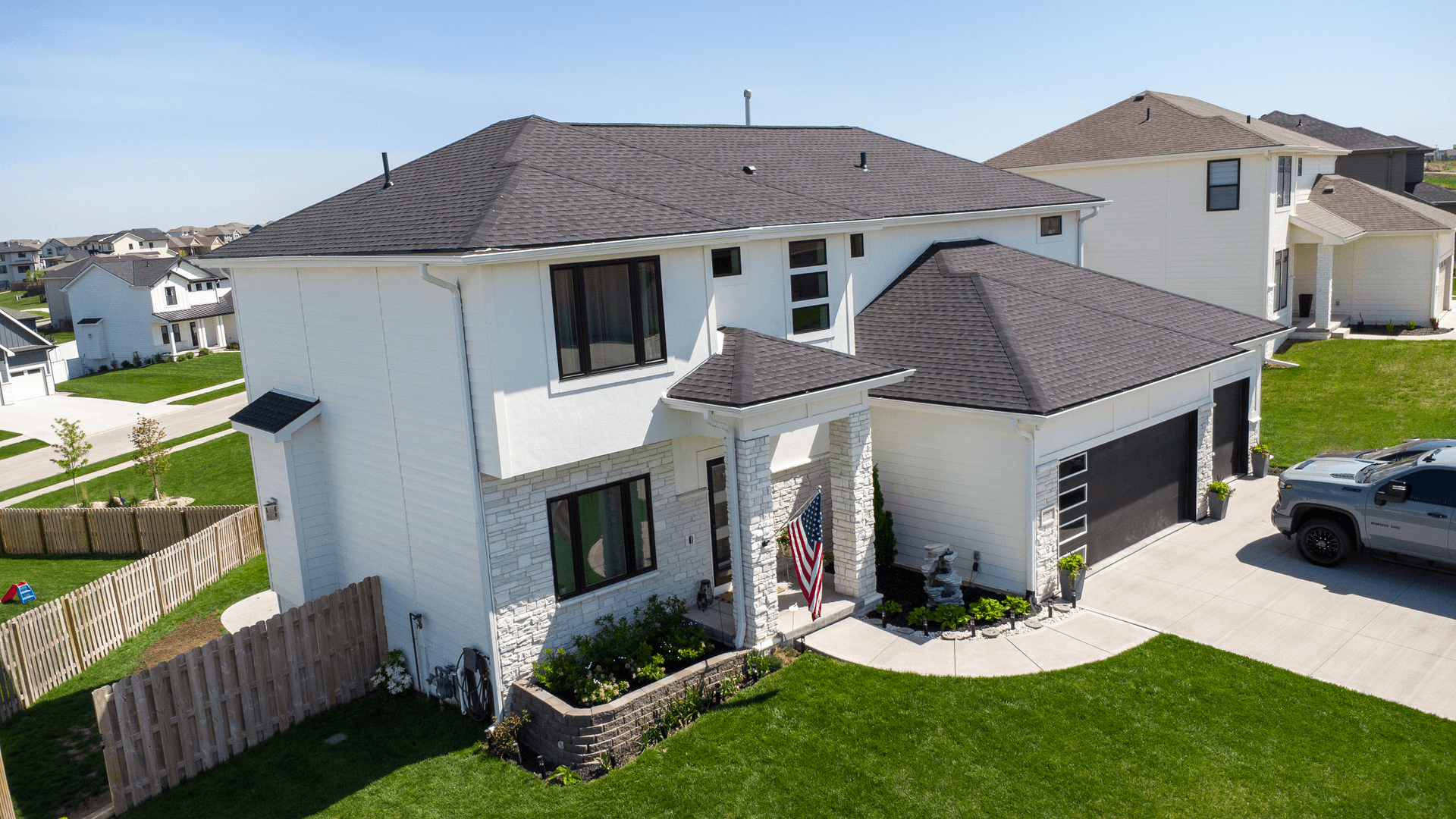
Contact Us
-1213x485.jpg&w=3840&q=75&dpl=dpl_AmwAN6YhYm4YuY1DMMHWiCAo1boC)

